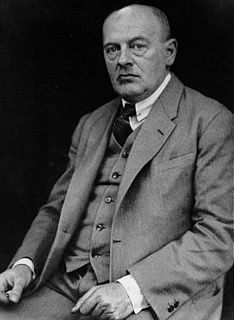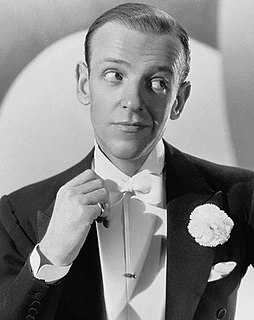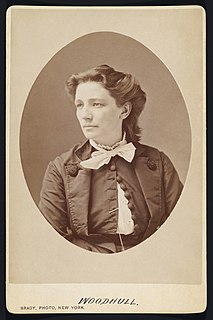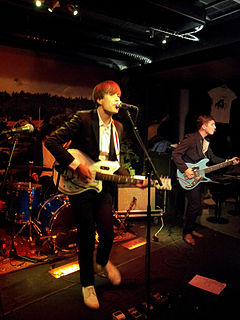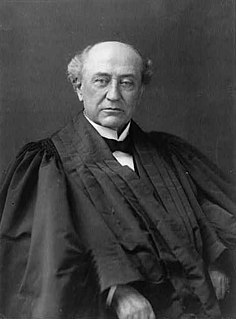A Quote by Max Scheler
Whenever convictions are not arrived at by direct contact with the world and the objects themselves, but indirectly through a critique of the opinions of others, the processes of thinking are impregnated with ressentiment. The establishment of "criteria" for testing the correctness of opinions then becomes the most important task. Genuine and fruitful criticism judges all opinions with reference to the object itself. Ressentiment criticism, on the contrary, accepts no "object" that has not stood the test of criticism
Quote Topics
Arrived
Becomes
Contact
Contrary
Convictions
Correctness
Criteria
Criticism
Critique
Direct
Establishment
Fruitful
Genuine
Important
Indirectly
Itself
Judges
Most
Object
Objects
On The Contrary
Opinions
Others
Processes
Reference
Stood
Task
Test
Testing
The Most Important
Themselves
Then
Thinking
Through
Whenever
World
Related Quotes
When working on my choreography I am not always receptive to outside suggestions or opinions. I believe that if you have something in mind in the way of a creation, such as a new dance, a sequence, or an effect, you are certain to come up with inaccurate criticism and damaging results if you go around asking for opinions.
When we express our needs indirectly through the use of evaluations, interpretations, and images, others are likely to hear criticism. When people hear anything that sounds like criticism, they tend to invest their energy in self-defense or counterattack. It's important that when we address somebody that we're clear what we want back.
When I teach criticism, the first thing I say, and this sometimes pisses off younger - I mean, students, is that, opinions are the least part of criticism. We've all had the experience of going with a friend to a movie or a concert and you leave the theater and one of you loved it and one of you hated it, and that doesn't mean that one of you is an idiot. That's the way things work.
I don't have a very high opinion, actually, of the world of criticism - or the practice of criticism. I think I admire art criticism, criticism of painting and sculpture, far more than I do that of say films and books, literary or film criticism. But I don't much like the practice. I think there are an awful lot of bad people in it.
Read as little as possible of literary criticism - such things are either partisan opinions, which have become petrified and meaningless, hardened and empty of life, or else they are just clever word-games, in which one view wins today, and tomorrow the opposite view. Works of art are of an infinite solitude, and no means of approach is so useless as criticism.
What was needed was a literary theory which, while preserving the formalist bent of New Criticism, its dogged attention to literature as aesthetic object rather than social practice, would make something a good deal more systematic and 'scientific' out of all this. The answer arrived in 1957, in the shape of the Canadian Northrop Fryes mighty 'totalization' of all literary genres, Anatomy of Criticism .
That was one of the big problems in the [Black Panther] Party. Criticism and self-criticism were not encouraged, and the little that was given often wasn’t taken seriously. Constructive criticism and self-criticism are extremely important for any revolutionary organization. Without them, people tend to drown in their mistakes, not learn from them.
